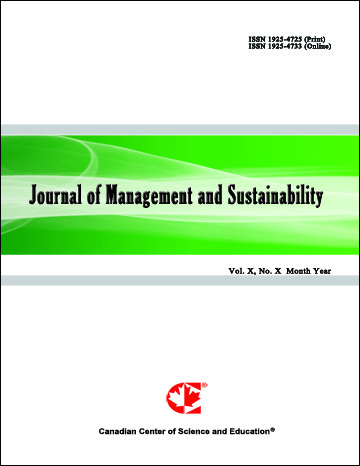A Vehicle Routing Problem with Consideration of Green Transportation
- Che-Fu Hsueh
Abstract
This study aims to investigate the Green Vehicle Routing Problem (GVRP), which considers stochastic traffic speeds, so that fuel consumption and emissions can be reduced. Considering a heterogeneous fleet, the fuel consumption rate differs due to several factors, such as vehicle types and conditions, travel speeds, roadway gradients, and payloads. A mathematical model was proposed to deal with the GVRP, and its objective is to minimize the sum of the fixed costs and the expected fuel consumption costs. A customized genetic algorithm was proposed for solving the model. The computational experiments confirm the efficiency of the algorithm and show that the solution of GVRP is quite different from that of the traditional vehicle routing problem. We suggest that a company should use light vehicles to service the customers situated at higher terrains. The customers with higher demands can be visited earlier, but the customers situated at higher terrains or far away from the depot should be visited later. The study also found that the fixed costs of dispatching vehicles are critical in GVRP; a logistics company may thus tend to use large vehicles, despite that it may cause higher fuel consumption and emissions. The proposed model and algorithm are capable of suggesting a guidance for green logistics service providers to adopt a beneficial vehicle routing plan so as to eventually achieve a low economic and environmental cost.
- Full Text:
 PDF
PDF
- DOI:10.5539/jms.v7n4p89
Journal Metrics
Google-based Impact Factor (2021): 1.54
h-index (July 2022): 37
i10-index (July 2022): 147
h5-index (2017-2021): 12
h5-median (2017-2021): 19
Index
- Academic Journals Database
- ANVUR (Italian National Agency for the Evaluation of Universities and Research Institutes)
- CAB Abstracts
- CNKI Scholar
- EconBiz
- Excellence in Research for Australia (ERA)
- GETIT@YALE (Yale University Library)
- Harvard Library
- HeinOnline
- Infotrieve
- JournalTOCs
- LOCKSS
- MIAR
- PKP Open Archives Harvester
- RePEc
- Scilit
- SHERPA/RoMEO
- Stanford Libraries
- UCR Library
Contact
- Evelyn XiaoEditorial Assistant
- jms@ccsenet.org
